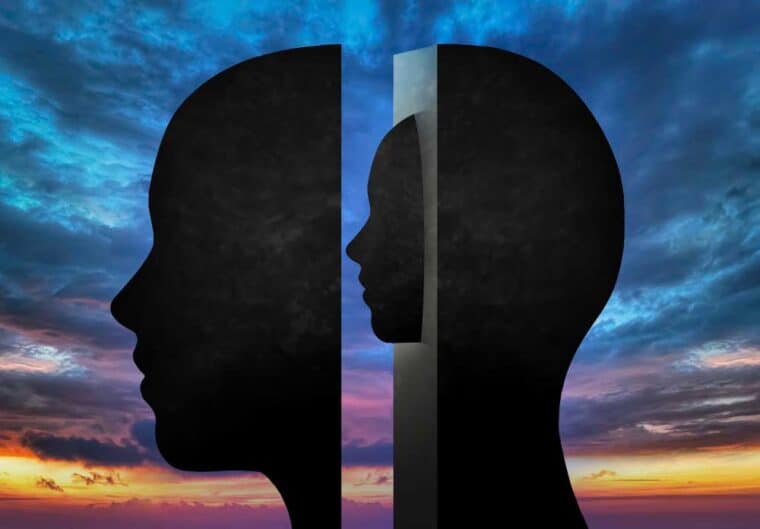What is a dual diagnosis? Dual diagnosis is a term that’s used to describe someone who’s suffering from a mood disorder like depression or bipolar disorder, as well as a problem with alcohol and/or drugs. A person who has been given a dual diagnosis has two separate illnesses. As such, each illness requires its treatment plan on the path to recovery. While commonly thought of as character flaws or moral weaknesses, mood disorders and problems with drugs and alcohol are treatable. Dual diagnosis illnesses have been seen to affect people of all ages, ethnicities, and socioeconomic backgrounds. Mental illness does not discriminate. Studies show that more than half of those who suffer from depression or bipolar disorder also abuse alcohol and/or drugs.
If left untreated, many of those who suffer tend to self-medicate in the form of alcohol and/or drugs. While using these substances may in the short term alleviate some symptoms of the illness, they only serve to exacerbate symptoms in the long term. Self-medication has been known to cause a person’s mood disorder to stay undiagnosed for an extended period.
What are the symptoms?
There are many symptoms to look out for when checking for an undiagnosed mood disorder. Symptoms of depression include feeling sad, crying often, major changes in appetite and sleep patterns, irritability, anger, and recurring thoughts of death or suicide, among other symptoms.
Symptoms of mania can include increased physical/mental activity and energy, extreme self-confidence and optimism, grandiose thoughts, and reckless behavior like irresponsible spending, major business decisions, and sexual promiscuity. In much more severe cases, symptoms can involve delusions and hallucinations.
3 Reasons to have professional help for treating dual diagnosis
While many of those who remain undiagnosed choose to self-medicate to ease their symptoms, there are several reasons why this decision is not only unhelpful but also incredibly dangerous.
1) The illnesses are comorbid.
Comorbidity is when one illness interacts with and affects the other. If and when neither illness is treated, one of the illnesses can make the other one worse. When only one of the illnesses is treated, the treatment has far less effective in practice. When both of the illnesses are treated through dual diagnosis therapy, the chance for full and lasting recovery is significantly improved, and it becomes easier to return to a full and useful life.
2) Sobriety is necessary for proper treatment.
Mixing alcohol and/or drugs with medications can have a serious effect. Many medications, including those prescribed over the counter, interact with alcohol and/or drugs in quite harmful ways. It’s unlikely that the patient will benefit very much from talk therapy if they are under the influence. Sobriety is key in recovery from both the addiction, as well as the initial mood disorder.
3) There are many safe and effective options at your disposal.
While a sufferer may need to go to more than one doctor and attend more than one support group, all treatment providers should be aware that the sufferer has a dual diagnosis. Treatment for the mood disorder in question might include counseling or talk therapy, medication, as well as a support group that specializes in issues related to those with a dual diagnosis. Treatment for alcohol and/or drug use may include some type of recovery group, as well.
And so, while suffering from dual diagnosis can seem incredibly daunting at first, those who suffer can see incredible progress should they decide to step forward and get the help they need through dual diagnosis group therapy.










